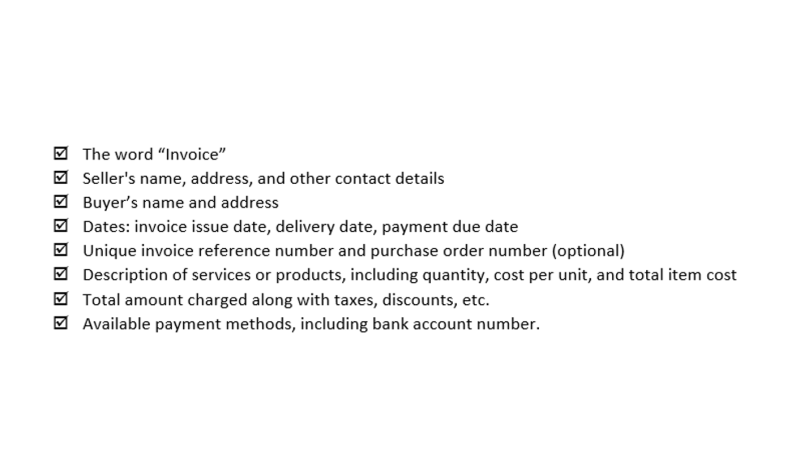
In this role, they analyze the internal financial processes of an organization and use that data to forecast, make suggestions, aid in decision-making, set budgets, and more. In a supervisory position, controllers oversee all aspects of the financial health of an organization, organizing reports, analyzing financial data, and creating strategic plans and goals. Managerial accounting information is aimed at helping managers make well-informed business decisions on the direction of the company. Financial accounting reports a company’s performance for a specific period of time and does it in the most straightforward way possible. The management of a business makes use of the information to evaluate and analyze a company’s performance and financial position. It also uses the information to make better financial decisions and prioritize business operations around fulfilling financial goals in terms of profitability and cash flow.
Financial leverage metrics
- Amy Fontinelle has more than 15 years of experience covering personal finance, corporate finance and investing.
- Managerial accounting is the process that allows decision makers to set and evaluate business goals by determining what information they need to make a particular decision and how to analyze and communicate this information.
- The goal of management accounting is to aid decision-makers by providing accurate information about a business’s financial operations.
- The crucial key metrics taken into account are the net present value (NPV) and internal rate of return (IRR).
- Managerial accounting doesn’t need to follow predefined reporting standards and can vary from company to company.
- These documents focus on internal company metrics that focus on company performance.
- Managerial accounting compiles, analyses, and interprets data with the main aim of rendering decisions affecting the future of a company easier to make.
Managerial accounting is the process of identifying and analyzing financial information so that management personnel can make better-informed business decisions. Although the specific underlying details of managerial accounts may vary from one business to the next, they often itemize a company’s spending practices, cash flow streams, debts, and assets. It also aids banks in evaluating whether or not a company is worthy of a business loan.
Does GAAP Apply in Managerial Accounting?
Businesses rely on performance measurement metrics to compare their actual results with projections they made during their planning and budgeting phases. Not only does performance measurement help a company course-correct flawed or unprofitable operations, but this crucial benchmark is instrumental in letting a company compare its performance with that of its direct market competitors. Having a certification can offer many benefits in the managerial accounting field. This includes increased job opportunities, higher annual earnings, and distinction within your industry. Financial accountants are also subject to compliance with government rules and regulations, such as the generally accepted accounting principles (GAAP), whereas managerial accountants are not.

Controlling
Managerial accountants engage in cash flow analysis to identify the impact of business decisions on the cash flow of a company. This cash flow concerns activities surrounding outflowing operational costs, outflowing investments, and in-flowing financing of a business. Managerial accounting involves forecasting and planning to project the financial direction of the company in the coming months and years. Typically, managerial accounting this high-level planning involves creating a capital budget, which details the costs of any investments to be done in the future. The budget might outline the costs and projections for new equipment purchases and acquisitions. In addition, financial accounting is usually concerned with the performance of the entire company, while managerial accounting reports may only deal with a single department or issue.
Many new businesses perform only tax accounting so they can file their tax returns. As the company grows, however, financial and management accounting become increasingly important. The main function of any good managerial accounting team is to support its company with accurate, relevant, and timely information. This information is important for ensuring decision-makers know everything they need to know to direct the company toward its goals.
Because managerial accounting is not for external users, it can be modified to meet the timely specific needs of its intended users. Whether they are managerial accountants or financial accountants, they spend much of their time keeping the books. They are responsible for accurately recording every transaction that a company makes, whether it’s paying a contractor or buying a new machine.

What Types of Information Does Managerial Accounting Provide
- Moreover, financial statements are released on a regular schedule, establishing consistency of external information flows.
- It is important to review this information regularly because expenses that vary considerably from what is typically expected are commonly questioned during external financial audits.
- This process helps companies manage inventory and keep the costs of goods and services set compared to incoming revenue.
- While the controller’s functions involve internal finance and accounting, the treasurer’s responsibilities involve external finance and cash functions.